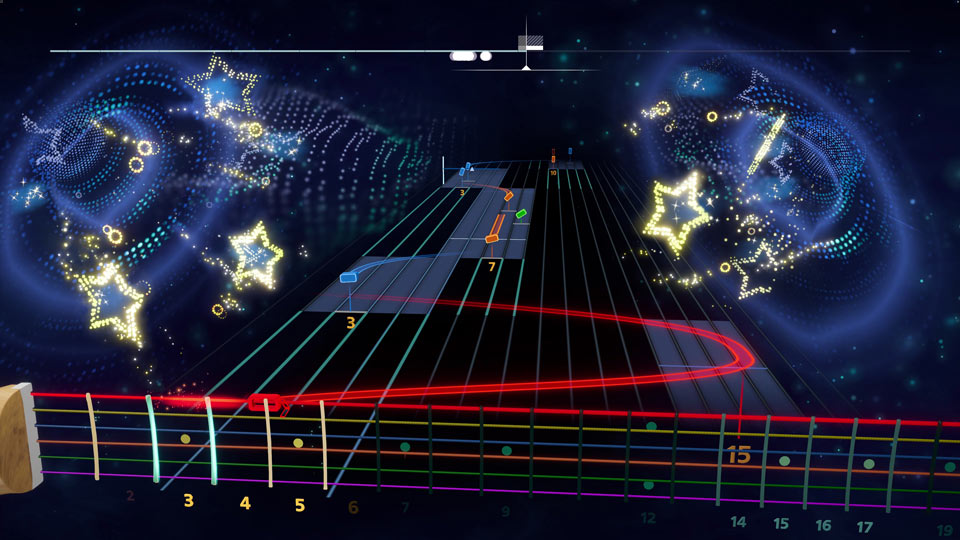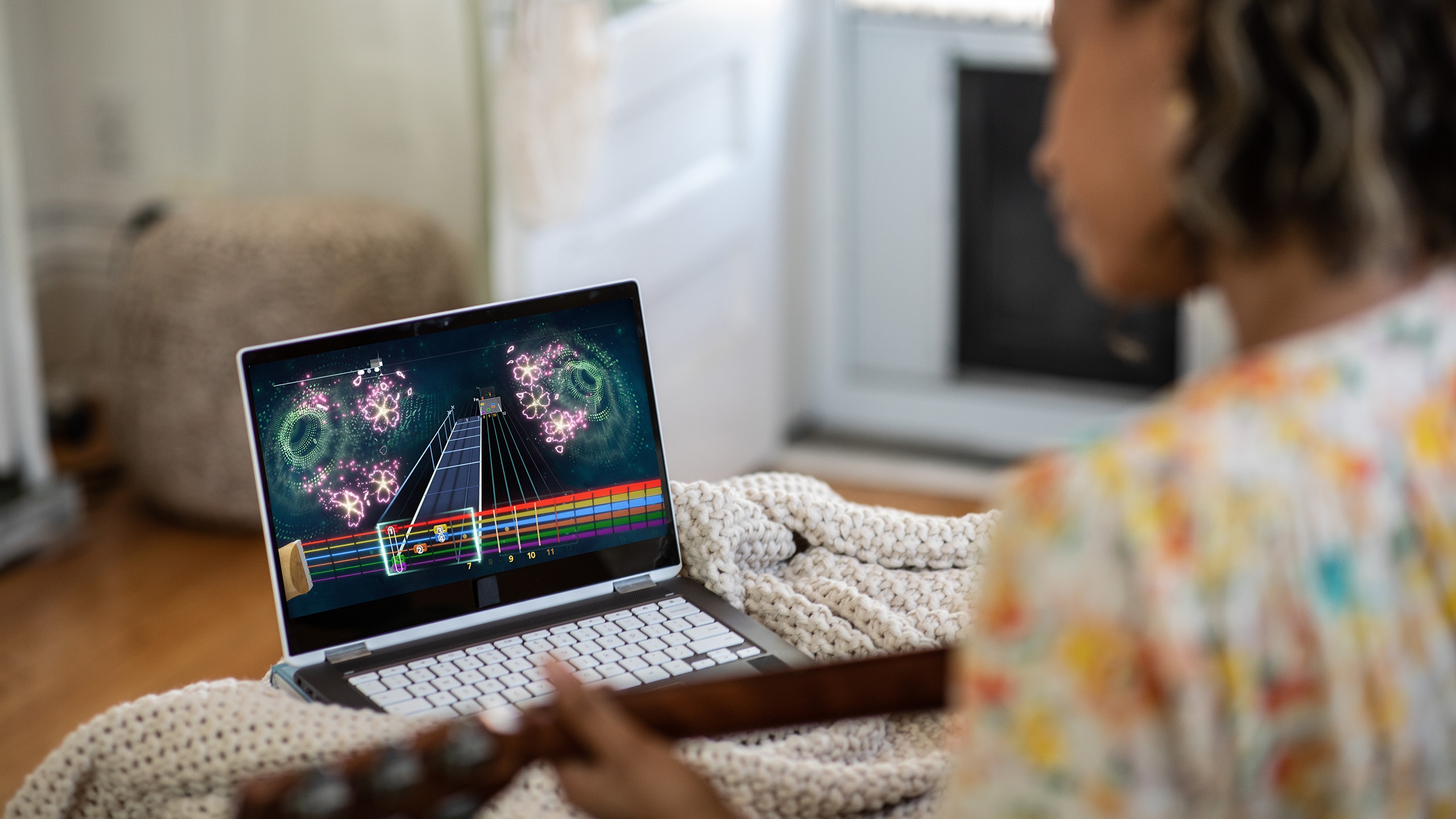As you're learning some of the amazing keyboard songs on Rocksmith+, you may wonder how this music was translated from an audio file to the display you see on the Noteway. The answer lies within the Keyboard Note tracking team. This team has diligently been pumping out transcriptions of keyboard parts as difficult as Dream Theatre's "Octavarium" and Boston's "Foreplay/Longtime", to transcriptions as approachable as Linkin Park's "Lost" and Beethoven's "Ode To Joy". I'm here to give you some insights into the process!
Every transcription begins with a tempo map, made by the music analysts. Once we have the tempo map, we must decide what kind of arrangement the song calls for. If there's multiple keyboards, we also must choose which instrument to transcribe. We generally try to transcribe the most prominent melodic elements. This can be simple when there's only one keyboard instrument, such as on Rainie Yang's "Xu Hui", but can get much more complex when there's multiple keyboard parts such as in Gladys Knight and the Pips' "Midnight Train to Georgia".
Once we've decided on the instrument to transcribe, we do our best to isolate that instrument in the mix. Our go to tools are Center Canceler and Channel Isolators. In newer recordings, these tools often help, but in older recordings it's common for us to be transcribing with no extra tools.
Once we've transcribed the song, we go through a review process with one of our note-tracking peers. After we've addressed and discussed revisions, we then submit the arrangement into the game. From there, we play-test to make sure everything looks right, then finally mark the arrangement for promotion to the game.
In my many years of transcription, Rocksmith+ has by far the most accurate transcriptions of any other product I've seen. The attention to detail is remarkable, so players can be confident that they're playing the highest quality transcription of any given song available!









